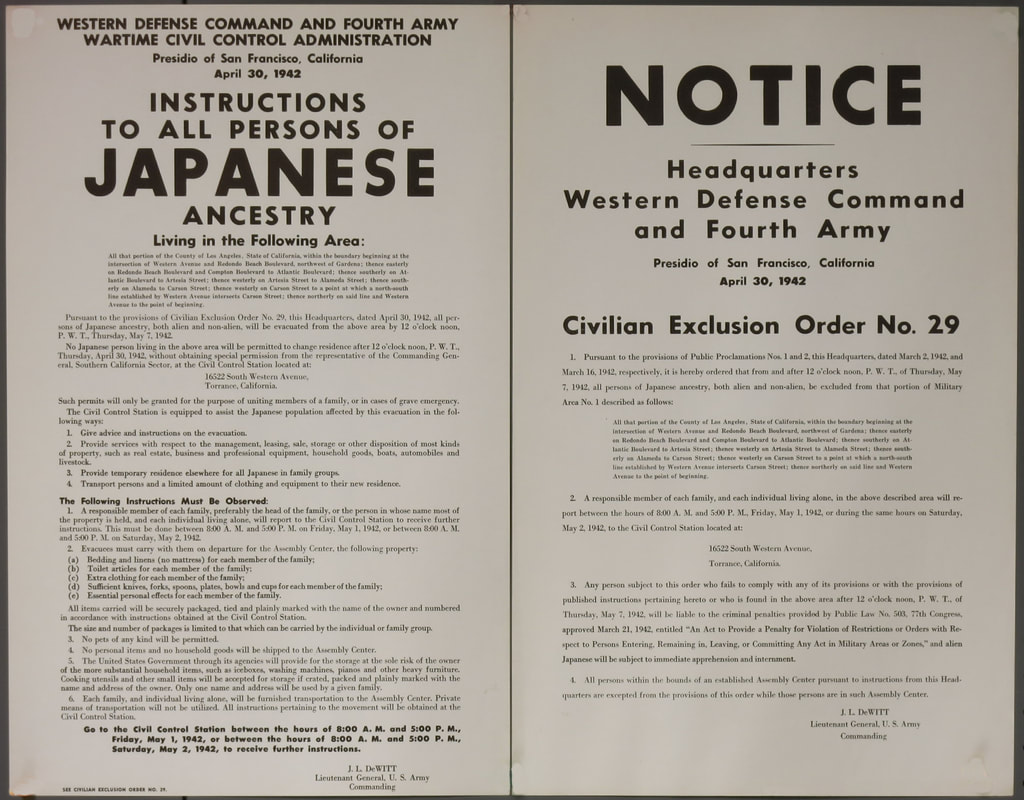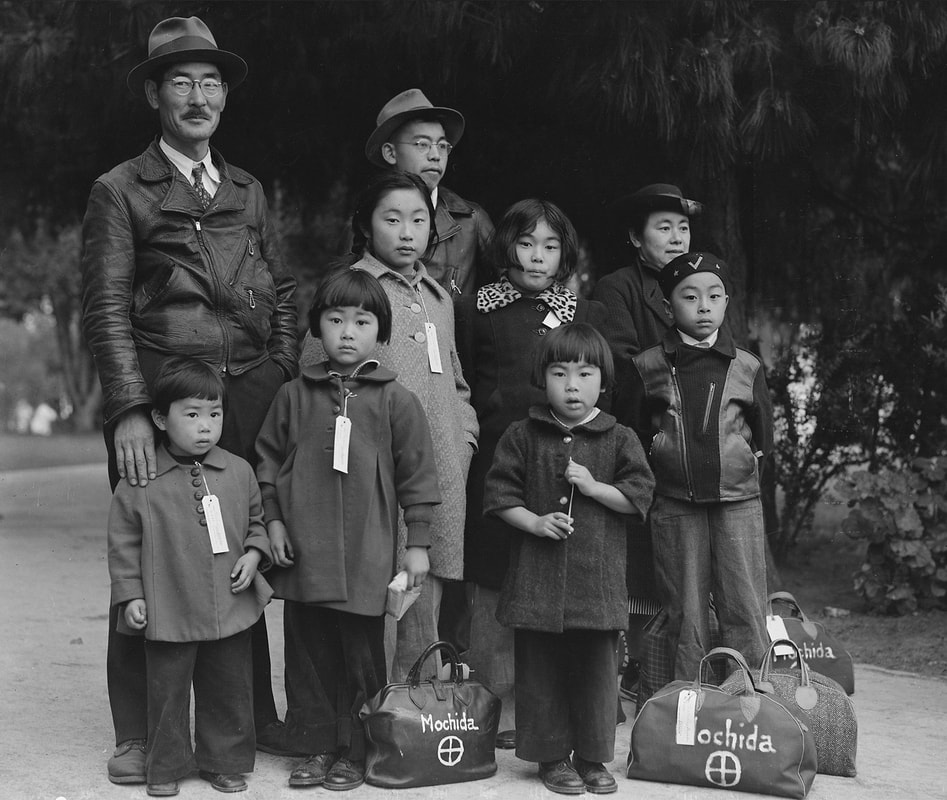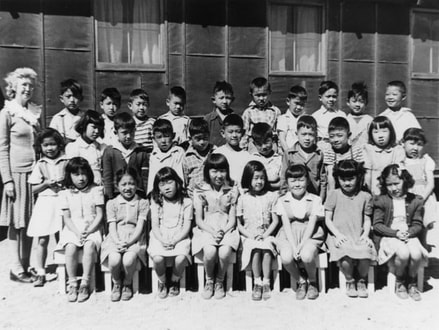American History
Chapter 23
Chapter 23
World War II
| 25_pearl_harbor_video_assignment.pdf | |
| File Size: | 175 kb |
| File Type: | |
FDR's Executive Order 9066
Japanese Internment
On February 19, 1942, President Franklin D. Roosevelt signs Executive Order 9066, initiating a controversial World War II policy with lasting consequences for Japanese Americans. The document ordered the removal of resident enemy aliens from parts of the West vaguely identified as military areas.
FDR's Second Bill of Rights
State of the Union Message to Congress - January 11, 1944
| state_union.pdf | |
| File Size: | 31 kb |
| File Type: | |
Near the end of World War II, FDR proposed a "Second Bill of Rights" that would fundamentally transform the nature of rights. He believed that people should have rights to have certain things provided to them by the State! (A right to get something from the government is a "positive right." It means that others have a duty to provide something to you.) This signaled a 180 turn from the Constitutional view of rights as articulated in the Bill of Rights. According the founding principles, people have natural, inherent rights to life, liberty, and property, and the Bill of Rights was designed to protect people from the government encroaching upon these pre-existing, inherent rights. (A right to be protected from encroachment is a "negative right." It means that others have a duty to refrain from infringing on your life, liberty, or property.)
FDR was proposing a new definition of rights that placed a duty on some to provide something to others. Thus, FDR's approach involved a perspective toward rights that would deny some people their natural rights while providing nice things to others in exchange for votes.
FDR was proposing a new definition of rights that placed a duty on some to provide something to others. Thus, FDR's approach involved a perspective toward rights that would deny some people their natural rights while providing nice things to others in exchange for votes.




